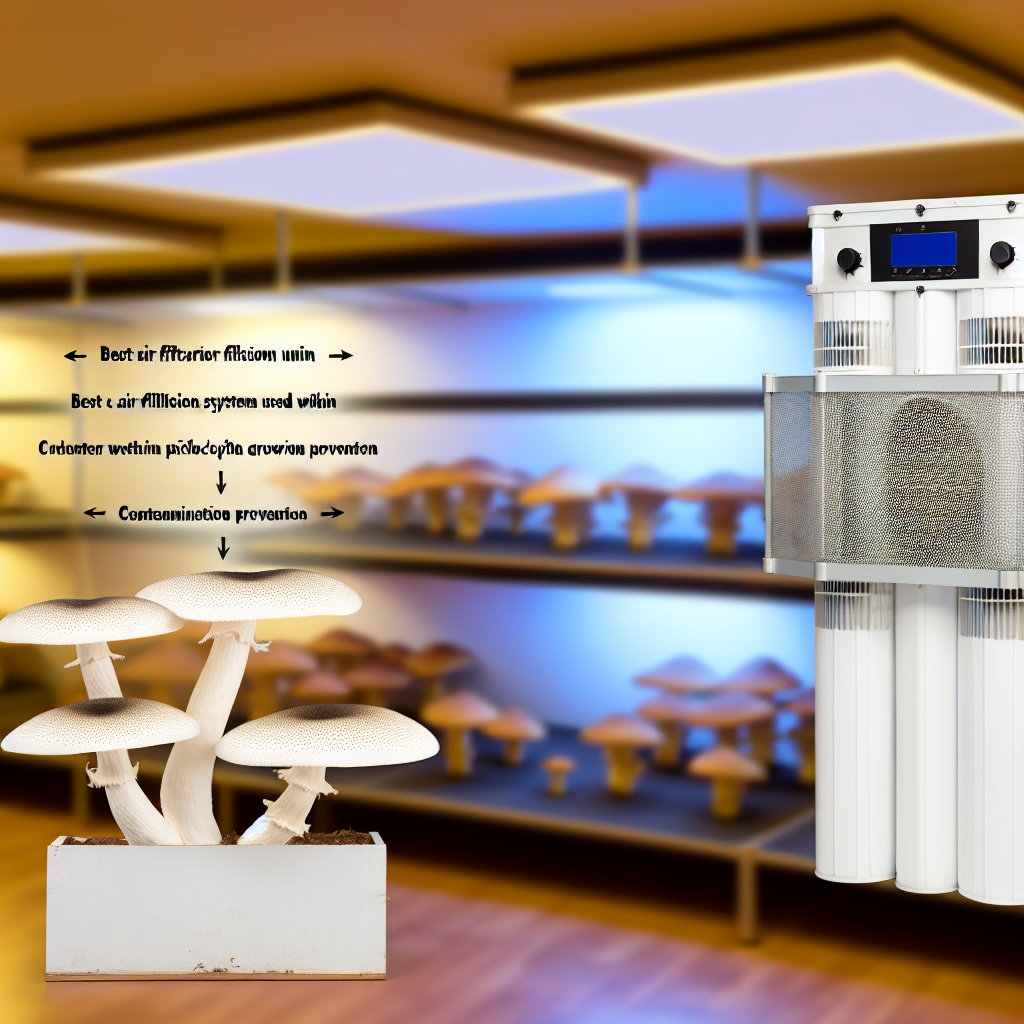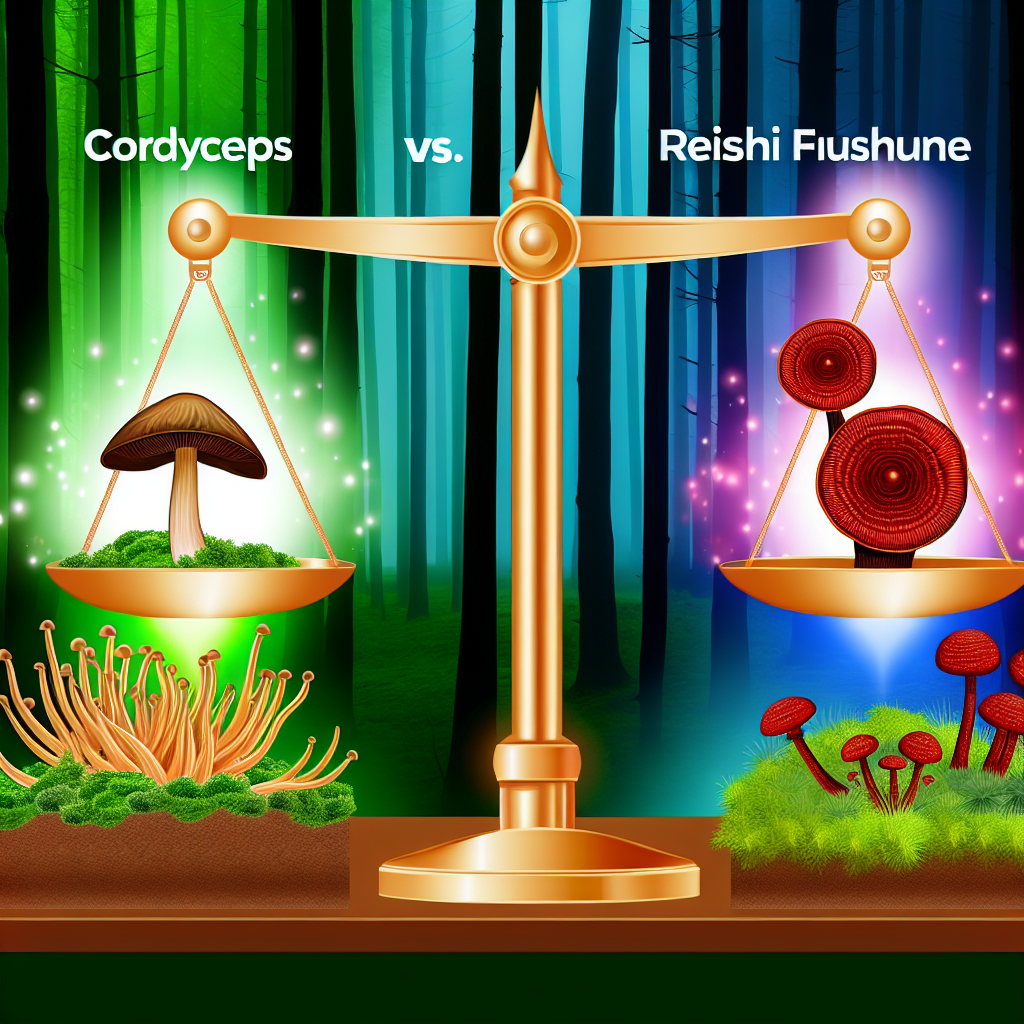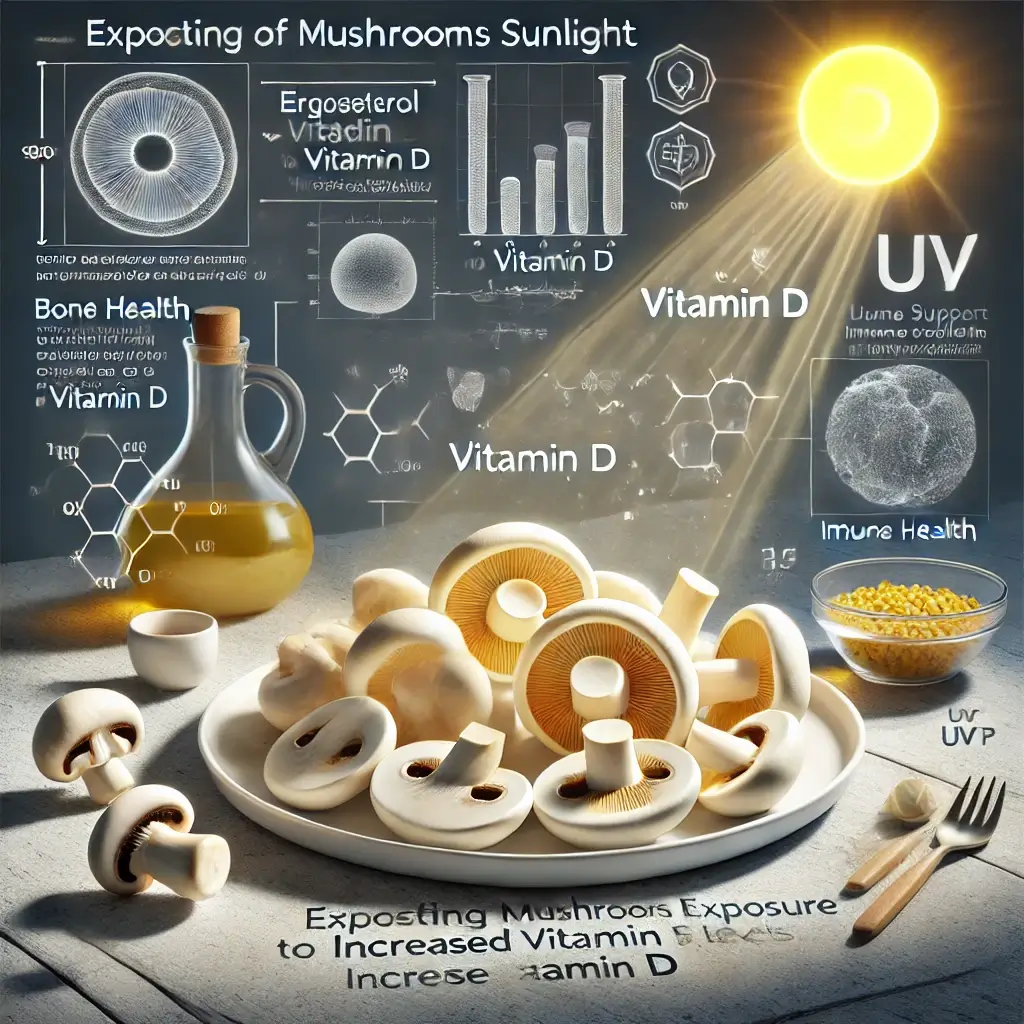Reishi Mushroom and Cardiovascular Health Research-Backed Benefits
Introduction
Cardiovascular disease is the leading cause of death worldwide, affecting millions each year despite medical advances. Conditions such as hypertension, high cholesterol, and atherosclerosis remain widespread. Growing interest in natural therapies has led to research into functional mushrooms. Among them, Reishi mushroom (Ganoderma lucidum), known as the “Mushroom of Immortality,” has attracted attention for its potential cardiovascular benefits.
Traditional Chinese medicine has valued Reishi for over 2,000 years due to its longevity-promoting qualities. Modern science now identifies several bioactive compounds in Reishi—including triterpenoids, polysaccharides, sterols, and peptides—which contribute to its medicinal properties, particularly for heart health.
Reishi has been studied for its effects on blood pressure regulation, cholesterol control, inflammation reduction, and endothelial function. These are critical pathways for preventing and managing heart disease. Additionally, as an adaptogen, Reishi helps reduce stress-related cardiovascular risks by balancing cortisol levels.
Today, many consumers are including Reishi in their wellness regimens through capsules, teas, tinctures, and powders. While often associated with immune and stress support, Reishi is now increasingly recognized for its cardiovascular benefits as well.
This article delves into the scientific evidence supporting Reishi for heart health, exploring peer-reviewed research, its mechanisms of action, and practical ways to integrate it into daily routines. With both traditional endorsement and scientific validation, Reishi presents itself as a promising ally in natural cardiovascular support.
Research-Backed Features and Benefits of Reishi Mushroom on Cardiovascular Health
1. Cholesterol Regulation
One of the most thoroughly studied effects of Reishi mushroom is its potential to regulate cholesterol levels. A 12-week double-blind, placebo-controlled study published in the Journal of Ethnopharmacology examined the effects of Ganoderma lucidum spore powder on patients with borderline or mild hyperlipidemia. Results showed significant reductions in:
– Total cholesterol
– LDL (“bad”) cholesterol
– Triglyceride levels
There was also a mild increase in HDL (“good”) cholesterol, suggesting improved lipid metabolism. These changes highlight a potential for Reishi to support heart health by naturally addressing dyslipidemia.
2. Blood Pressure Control
High blood pressure increases the risk of stroke, heart failure, and other serious heart conditions. Reishi’s bioactive compounds, especially triterpenoids and peptides, have shown antihypertensive effects.
A 2014 study in Phytotherapy Research demonstrated that Ganoderma lucidum extract reduced systolic blood pressure in animal models by:
– Regulating angiotensin-converting enzyme (ACE) levels
– Enhancing endothelial function
This gives the extract ACE-inhibitory effects similar to conventional blood pressure medications, potentially with fewer side effects.
3. Anti-Inflammatory and Antioxidant Effects
Chronic inflammation and oxidative stress are major contributors to cardiovascular disease. Reishi is rich in polysaccharides and triterpenes, compounds recognized for strong anti-inflammatory and antioxidant actions.
A 2020 review in Frontiers in Pharmacology highlighted that Reishi’s constituents help:
– Reduce pro-inflammatory cytokines like TNF-alpha and IL-6
– Scavenge free radicals
– Prevent oxidative damage to blood vessels
These actions can slow down atherosclerotic development and support vascular function, protecting the heart over time.
4. Endothelial Protection
Endothelial cells line the inside of blood vessels and are essential for regulating vascular tone and blood circulation. Dysfunction of this inner lining is associated with cardiovascular issues like high blood pressure, clot formation, and atherosclerosis.
Studies have shown that Ganoderma lucidum extracts can:
– Enhance production of nitric oxide (NO)
– Support healthy vasodilation
– Improve endothelial function
These results, though preliminary, suggest Reishi may offer protection against vascular damage and aid in maintaining circulatory efficiency.
5. Stress and Heart Health
Chronic stress has direct implications for heart health by raising cortisol, increasing blood pressure, and promoting inflammation. As an adaptogen, Reishi helps the body manage stress more effectively.
A study published in Food & Function (2013) showed that Reishi extract:
– Reduced circulating cortisol
– Helped balance the hypothalamic-pituitary-adrenal (HPA) axis
This adaptive stress response can lead to fewer cardiac events triggered by chronic anxiety or psychological distress.
Conclusion
Scientific studies increasingly validate that Reishi mushroom supports several aspects of cardiovascular health—including cholesterol management, blood pressure regulation, vascular protection, anti-inflammatory support, and stress adaptation. Though not a substitute for prescribed medications, integrating Reishi into a heart-focused wellness plan may offer added protection. Before starting any new supplement, consult a qualified healthcare provider.
References
– Reishi and Lipid Profile (Journal of Ethnopharmacology)
– Reishi and Blood Pressure (Phytotherapy Research)
– Reishi’s Anti-inflammatory Actions (Frontiers in Pharmacology)
– Reishi as an Adaptogen (Food & Function)
For more about medicinal mushrooms and their health benefits, visit ShroomFan.com.
Concise Summary
Reishi mushroom (Ganoderma lucidum), long praised in traditional medicine, offers science-backed cardiovascular benefits. Its bioactive compounds help regulate cholesterol, reduce blood pressure, and protect vascular function. Reishi’s anti-inflammatory, antioxidant, and adaptogenic properties make it a powerful natural support for heart health. Clinical studies show that it positively influences lipid metabolism, reduces cortisol, and supports endothelial health. While not a replacement for medical treatment, Reishi can be a valuable addition to a heart-conscious wellness routine.

Dominic E. is a passionate filmmaker navigating the exciting intersection of art and science. By day, he delves into the complexities of the human body as a full-time medical writer, meticulously translating intricate medical concepts into accessible and engaging narratives. By night, he explores the boundless realm of cinematic storytelling, crafting narratives that evoke emotion and challenge perspectives. Film Student and Full-time Medical Writer for ContentVendor.com




